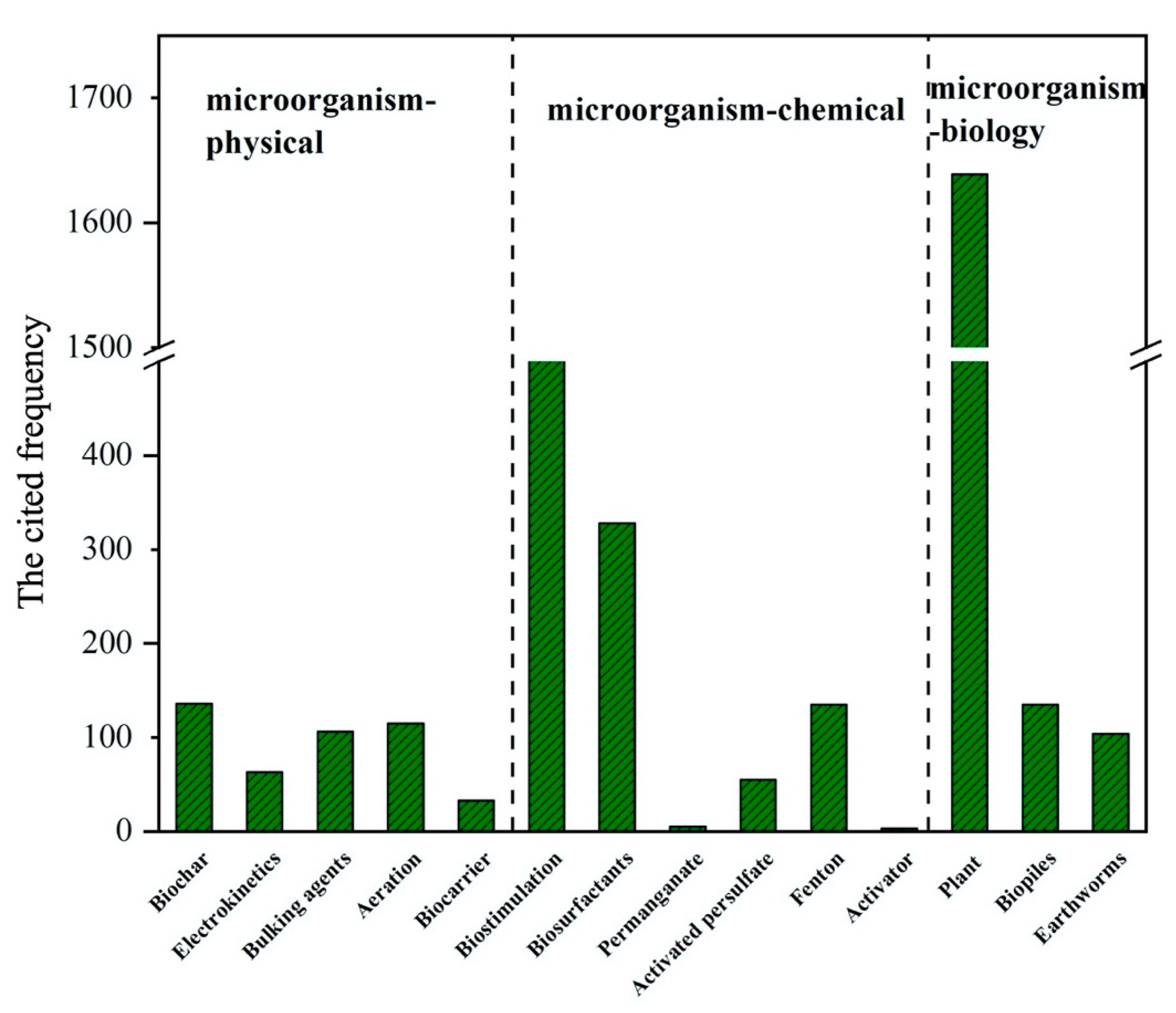


plantarum on IBD has been investigated in several in vitro studies. However, this effect has not been reported of L. Moreover, other probiotics improve barrier function by inhibiting the apoptosis of intestinal epithelial cells and promoting the synthesis of proteins that are critical components of tight junctions. To date, only lipoteichoic acid and plantaricin EF produced by L. plantarum and the immune system remains to be clarified. The blocking of cyclooxygenase-2 (COX-2) in Th1 also is an apoptotic inhibition mechanism. plantarum modulates the balance between Th1 and Th2 by stimulation and production of different cytokines such as tumor necrosis factor-alpha (TNF-α), interleukin (IL)-1β, IL-6, IL-10, IL-12, and interferon-gamma (IFN-γ). plantarum can produce a protective effect through the mediation of T cells that include Th1 and Th2. The second mechanism is immunomodulation of the immune response of gut-associated lymphoid and epithelial cells. These mechanisms were described in many in vitro studies, , ]. plantarum modulates the intestinal microbiota and suppresses pathogens ( Table 1). plantarum on IBD are complex and not well understood. plantarum in IBD.ģ. Mechanisms of action of L. Further clinical studies are needed to better confirm the role of L. This review summarizes the most relevant preclinical studies describing the effects of L. Most of the probiotic strains belong to Lactobacillus spp. Probiotics must be safe, genetically stable, and able to survive passage through the gastrointestinal tract. Probiotics have been refined several times and today’s definition is “live microorganisms, which when consumed in adequate amounts, confer a health effect on the host”. Research on probiotics has centered on their beneficial modification of intestinal microbial flora and the improved immune responses in patients with IBD. The etiology of IBD is multifaceted including genetic predisposition, external environment, intestinal microbial flora, and immune responses. IBD mainly affects young adults, increasing morbidity and the risks of developing colorectal cancer, dysplasia, and high-grade dysplasia. Ulcerative colitis (UC) affects the colon and rectum. Crohn’s disease (CD) affects the entire gastrointestinal tract. The incidence of IBD is increasing in western and developing countries. Inflammatory bowel disease (IBD) is a global health issue. plantarum in the human gut environment and its’ potential for remission of IBD. This overview of the molecular studies addresses the activity of L. The blocking of cyclooxygenase-2 in Th1 also is an apoptotic inhibition mechanism. plantarum modulates the ratio of Th1 and Th2 cells by stimulating the production of different inflammatory cytokines such as tumor necrosis factor-alpha, interleukin (IL)-1β, IL-6, IL-10, IL-12, and interferon-gamma. plantarum in vitro and in animal models for the prevention and management of IBD. This review summarizes the safety and the effects of L. plantarum consumption on human physiology. Several studies have described the effects of L. Lactobacillus plantarum is distributed in a variety of ecological niches, has a proven ability to survive gastric transit, and can colonize the intestinal tract of human and other mammals. Altered gut bacteria and bacterial metabolic pathways are two important factors in the initiation and progression of IBD. The incidence of inflammatory bowel disease (IBD) is increasing globally.


 0 kommentar(er)
0 kommentar(er)
